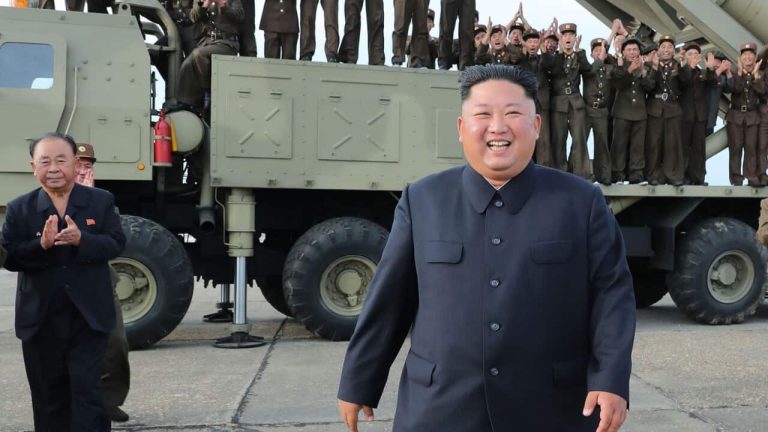
When FTX, the second-largest crypto trading platform in the world, filed for bankruptcy earlier this month, it had a ripple effect throughout the industry.
One of the unintended victims of this turn of events is the Democratic People’s Republic of Korea, a country under heavy sanctions. It has long been known that the nation has been using cryptocurrency theft to finance its nuclear weapons program.
Now, with the crypto market in turmoil and the crash at FTX, it appears that North Korea’s ill-gotten gains may have dwindled substantially.
How North Korea Has Been Gaining Crypto
For well over a decade, North Korea has been using its army of hackers to steal cryptocurrency. The country is believed to have 6,000 to 7,000 operatives at its disposal, with some groups, like Guardian of Peace and Advanced Persistent Threat 38 (APT38), sponsored by the nation.
In 2016, the Lazarus hackers attempted to steal $1 billion from Bangladesh’s central bank, although a typo in their code prevented them from getting away with more than $81 million. Since then, the group has refined its techniques, and has been accused of stealing over $571 million from cryptocurrency exchanges since 2017.
According to Chainalysis, North Korean hackers have stolen $1 billion worth of cryptocurrency over the last year. The majority of that has come from the Lazarus Heist against NFT-based online game Axie Infinity, which resulted in the theft of $620 million worth of in-game currency.
The cybercriminals of North Korea are likely to continue to steal cryptocurrency and find illicit income sources.
How Much Crypto Has North Korea Lost?
It’s difficult to estimate how much cryptocurrency North Korea has stolen and used, and what might be left. Nick Carlsen, a former FBI analyst and blockchain analyst, told Reuters that the country’s caches of cryptocurrency had lost 80-85% of their value, dropping to less than $10 million.
Following the crash at FTX, those losses are likely to be even greater. A report by Chainalysis suggests that in January 2021, North Korea had approximately $170 million in unwashed stolen crypto, derived from 49 attacks between 2017-2021. Ether was the most popular cryptocurrency stolen by North Korea in 2021, accounting for 58% of the total theft.
It dropped more than 20 percent following the FTX crash, and it’s reasonable to assume that North Korea has lost a significant amount of its stolen cryptocurrency.
What North Korea’s Stealing Crypto for
The United States, South Korea and Japan have warned North Korea against conducting a seventh nuclear test. However, Kim Jong-un appears to be undeterred.
On Saturday, North Korea launched its largest ballistic missile to date, with a message from Kim Jong-un that its “ultimate goal is to possess the most powerful strategic force in the world, the absolute force unprecedented in the century.”
With border closures due to COVID-19 making it difficult to get money across the border, the cryptocurrency market has become an attractive source of funds for North Korea. Transactions can be done quickly and with greater anonymity than with traditional banking systems, and many governments have yet to establish regulations.
It is also easier to hack cryptocurrency exchanges than it is to hack banks, and the exchanges are often fortified with high-security barriers. As such, it has become a prime target for North Korean hackers.
Will North Korea Stop Its Missile Tests?
The rapid drop in the value of cryptocurrency, coupled with the crash at FTX, has likely made a sizeable dent in North Korea’s funds for its nuclear military expansion. However, the nation’s cybercriminal army is likely to discover new sources of illicit income, including potentially continuing to steal cryptocurrency.
North Korea also has a number of sympathizers offering them support, and following the same Marxist-Leninist-adjacent philosophy of Juche, the political philosophy imposed by Kim Jong-un. In April, American crypto expert Virgil Griffith pleaded guilty to helping North Korea use cryptocurrency to get around US sanctions.
As long as China, a key player when it comes to sanctions against North Korea, can benefit from the nation